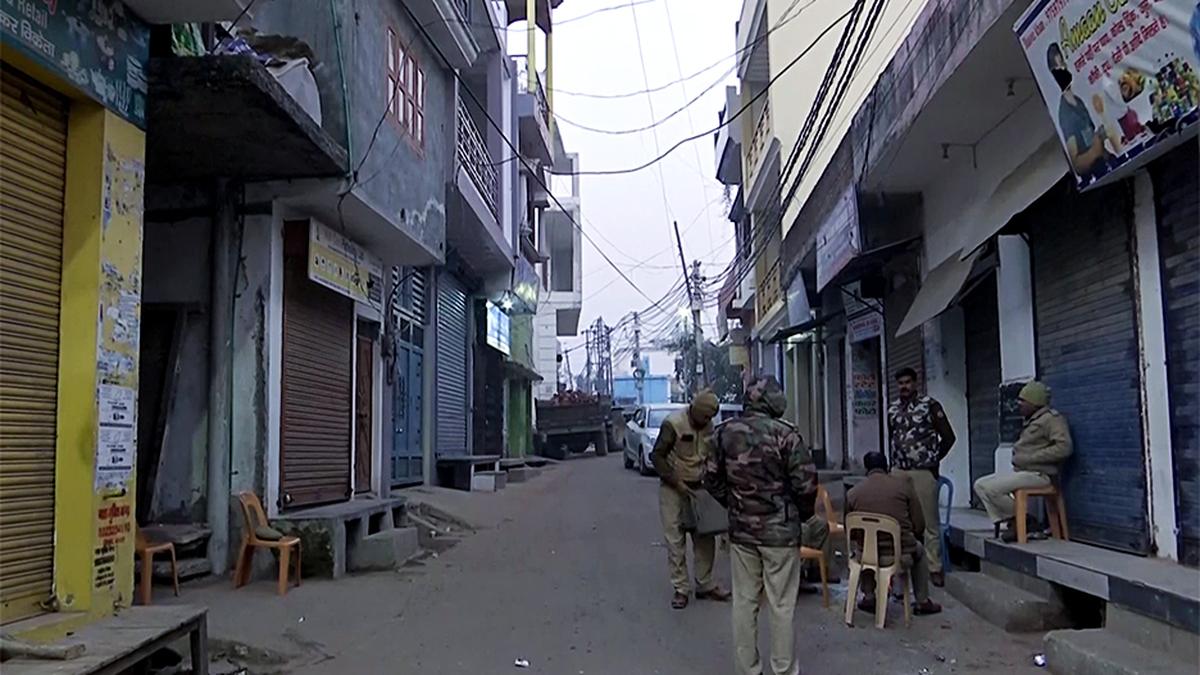
Supreme Court urged to intervene in mosques-dargah survey orders by lower courts
The Hindu
All India Muslim Personal Law Board appeals to Supreme Court to stop petitions challenging historic places of worship.
To bring a halt to a surfeit of petitions pleading for surveys of medieval places of worship, the All India Muslim Personal Law Board has appealed to the Supreme Court to take suo motu notice and bar the District and Sessions courts from entertaining such petitions. The appeal comes in the wake of Ajmer’s West Civil Court’s acceptance to hear a petition claiming that the historic Ajmer dargah was originally a Sankat Mochan Mahadev temple. “The Chief Justice of India should take suo motu action and direct the lower courts to refrain from opening doors to further disputes,” the Board’s spokesperson S.Q.R. Ilyas said in a statement.
Expressing “deep concern and anguish” over the recent surge in claims on mosques and dargahs, Mr. Ilyas said “Such claims make a mockery of the law.”
“Following the unresolved issue of Sambhal’s Jama Masjid, a new claim has emerged, asserting that the world-renowned Ajmer dargah was actually a temple. Unfortunately, the West Civil Court in Ajmer has accepted this petition for hearing and issued notices to the parties involved. The complainant has named the Dargah Committee, the Union Ministry of Minority Affairs, and the Archaeological Survey of India (ASI) as respondents.” The dargah, however, does not come under the purview of the ASI.
“The claims on the Ajmer dargah as well as on the Sambhal Jama Masjid make a blatant mockery of the law and the Constitution, especially in the light of the existence of the Places of Worship Act, 1991. This law clearly specifies that the status of any place of worship as of August 15, 1947, shall remain unchanged and cannot be challenged. The intent of the law-makers was to prevent further targeting of mosques or other religious places following the Babri Masjid case,” Mr. Ilyas stated.
“Digging up the past does not help anyone,” he added, appealing for calm and peace from all involved.
The Ajmer dargah attracts visiting dignitaries from several Muslim countries. Also, Prime Minister of India Narendra Modi as well as the Minister for Minority Affairs are known to send a chador (cloth) annually to the dargah.
Calling the claims on the Muslim places of worship in Varanasi, Mathura, Lucknow, Dhar, and now Sambhal and Ajmer, “deeply unfortunate and shameful”, the Board spokesperson stated, “Despite the law, the court has accepted Vishnu Gupta’s petition for hearing and issued notices to the parties. The petitioner alleges that the land of the dargah was originally a temple dedicated to Lord Shiva, where worship and rituals like jal abhishek (holy bath) were performed. Is it not against the letter and spirit of the Act of 1991?”











